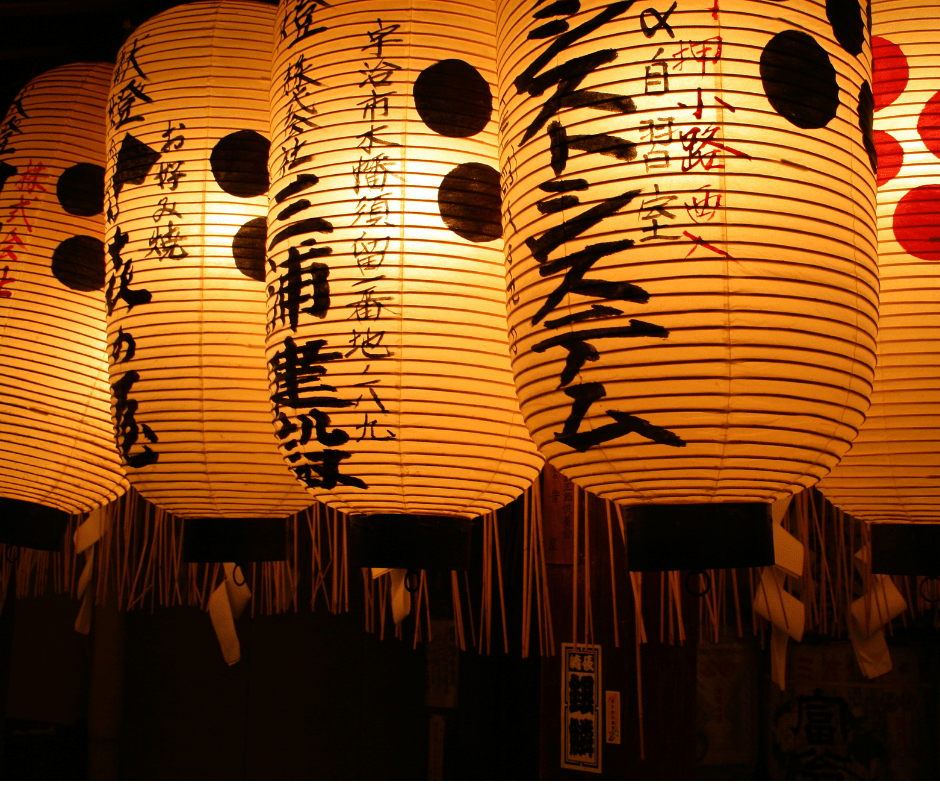The Japanese culture and language are always a source of awe for Europeans. Whether it’s their minimalist and elegant style, their honest and respectful nature or their respect for nature and norm, the Japanese people are fascinating. Their language reflects these aspects of their culture and has some unique lexical gems, with no equivalent in any other language.
Today’s blog entry will look at some of these words and how they can provide us with an insight into the Japanese way of looking at life.
Mono no aware –the fleeting beauty of nature and appreciating it. A very Japanese concept. If you visit Japan during cherry blossom season or when the leaves turn in Autumn you’ll see first hand mono no aware.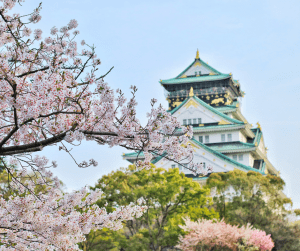
Shibui-„old school cool” so vintage, the kind of cool hthat envokes the feeling of nostalgia. 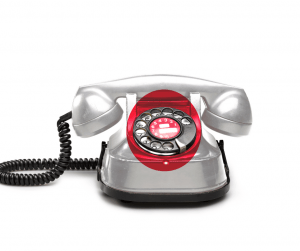
Ikigai –a motivating force; something or someone that gives a person a sense of purpose or a reason for living”. More generally it may refer to something that brings pleasure or fulfilment.
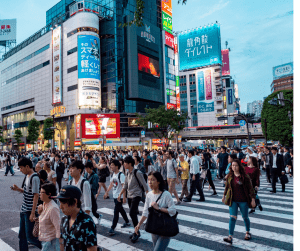
Irusu The act of pretending you’re out when someone knocks on your door. This is what happens when you pretend that you had to rush out of the house and forgot to turn off the lights. At least that’s what the person knocking on your door is thinking must have happened.

Majime –An earnest, reliable person who can simply get things done without causing drama. Not surprisingly, this is an extremely desirable trait to hold in Japan’s competitive culture – it’s seen as a compliment and is equivalent to describing someone as respectable or admirable.

Nito-Onna -A woman so dedicated to her career that she has no time to iron blouses, so she dresses only in knitted tops. It’s hard to tell if this is a compliment or an insult, but knitted tops are awesome and comfortable.
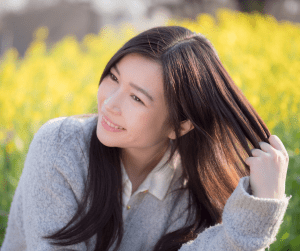
Kuidaore –To eat yourself into bankruptcy. This expression apparently has its roots in Osaka where people don’t mind overspending on food. (The fact that the city is famous for its cuisine might explain it all.)
Age-Otori– „to look worse after a haircut”. Everyone probably knows the bad feeling one gets after a terrible haircut. The Japanese have given this feeling a special place in their vocabulary.
KY-the English letters ‘KY’ are used as a shorthand for the Japanese phrase “kūki yomenai”, meaning “can’t read the room,” or more literally, “can’t read the air.” You can say a person is KY if they are socially awkward or inappropriate.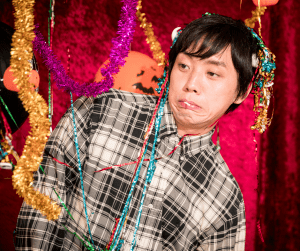
Wabi-sabi is the very Japanese style of art and aesthetics emphasizing simplicity and restraint. It is an appreciation of the beauty of imperfections and impermanence. Things and art that fall into this category are generally very simple but inspire a feeling of calm. Wabi-sabi brings to mind things like humble shrines and roughly made pottery.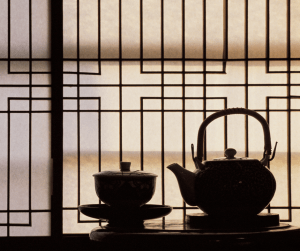
If these wonderful words have left you wanting more, it’s probably time you booked your first Japanese course!

